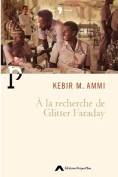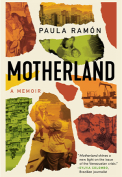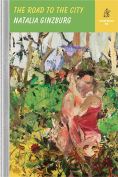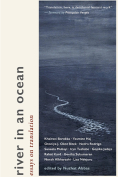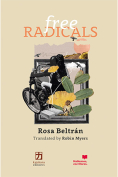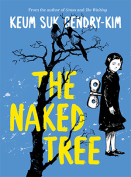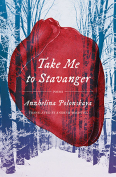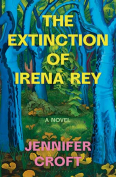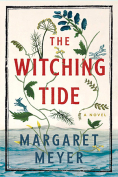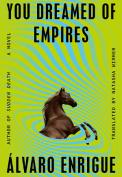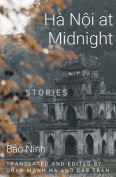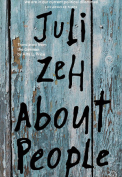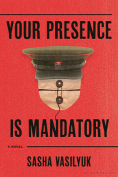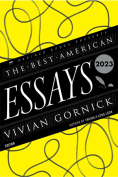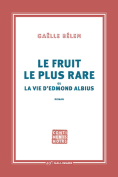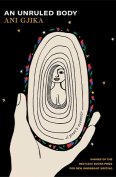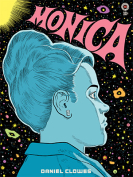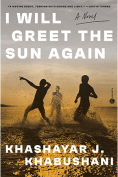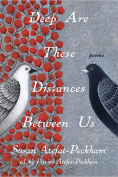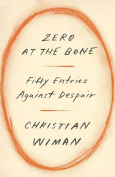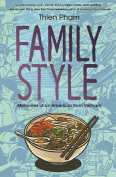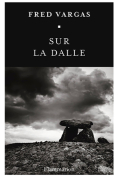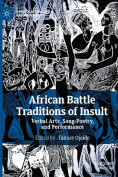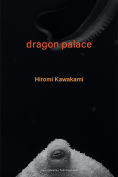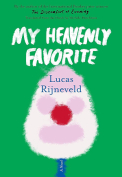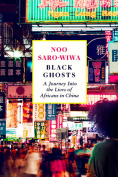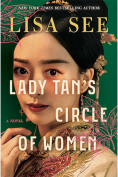Motherland: A Memoir by Paula Ramón
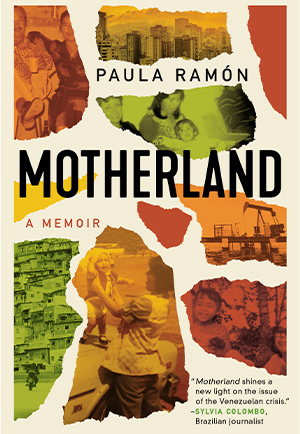 Seattle. Amazon Crossing. 2023. 269 pages.
Seattle. Amazon Crossing. 2023. 269 pages.
Paula Ramón’s most cherished childhood memories include stories from her Spanish father, a man twenty-five years older than her mother and a refugee from another era. It was her father who opened Ramón’s eyes to history and world affairs when the two would sit outside their house in Maracaibo, once known as the Saudi Arabia of Venezuela. He told Ramón of his teenage years fighting the fascists in the Spanish Civil War and later fleeing to France, all before he turned twenty. This was in the late 1930s, and soon he found himself in another war fighting fascists again. Captured by the Germans, he was sent to a POW camp and then to the Mauthausen concentration camp in Austria. Needless to say, when World War II was over and he was released from Mauthausen—somehow surviving four years in a concentration camp—he wanted nothing to do with Europe.
The story of Ramón’s father serves as the backdrop for her new book, Motherland, a memoir of Ramón’s childhood and teenage years in Venezuela. Originally written in Portuguese thanks to Ramón’s years working as a journalist in Brazil, her memoir has recently been translated into English and features many stories of disappointment, starting with her father’s experiences in Europe, but also her mother’s hope for a prosperous Venezuela and the dashed dreams of their children, including Ramón, the youngest child of the family and their only daughter.
Her mother, also named Paula, grew up the tenth of eleven children in a poor family. But it was a time of prosperity in Venezuela and her mother attended university, graduating with a degree in biology and finding a teaching job at a high school. Ramón writes that Venezuelans in the late 1960s and early 1970s had a false sense of security—and reality—as they believed the oil in their country would bring unlimited wealth. This prosperity flourished even more just after the Yom Kippur War in 1973 when embargoes were placed on countries that supported Israel. The price of crude oil went through the roof, and since Venezuela exported oil more than anything else—even more than its baseball players and beauty contestants—the country and its citizens were in a better place than ever.
When Ramón was twelve, her father died from heart failure. His death would symbolize not just a shift in Ramón’s family dynamics but also in Venezuela. The early 1990s saw corruption and an increasing wealth disparity. Hugo Chávez staged a failed coup early in the decade, the country went into recession, and by the end of the 1990s he would win and go on to rule Venezuela until his death in 2013. The country would tumble into such ruin that Ramón’s brothers would leave for other countries like Panama and Chile.
Ramón herself would have an opportunity to move to Beijing in 2010 with her boyfriend, whom she would soon marry. As she departed, she thought of her father leaving Europe decades earlier for a new life in Venezuela. In her case, she felt it would just be for a short time and that she would soon return home. That would not happen. The second half of the book shows Ramón’s painful observation of Venezuela’s further decline with out-of-control inflation and how her mother barely held on for her life. Ramón felt helpless and pulled in two directions as she moved between the US, Brazil, and Uruguay and couldn’t be with her mother.
Ramón writes with a journalistic eye for detail about Venezuela’s rise and fall during the Chávez years—which coincided with her formative years—but it’s her personal story that makes her memoir timely at this moment when populists are winning elections and family members find themselves on opposing sides of the political spectrum. As she explains in her introduction, “Although our country was not at war with anyone, millions of Venezuelans were thrust into circumstances that resembled my dad’s wartime memories. It brought out the worst in all of us.”
Susan Blumberg-Kason
Hinsdale, Illinois

